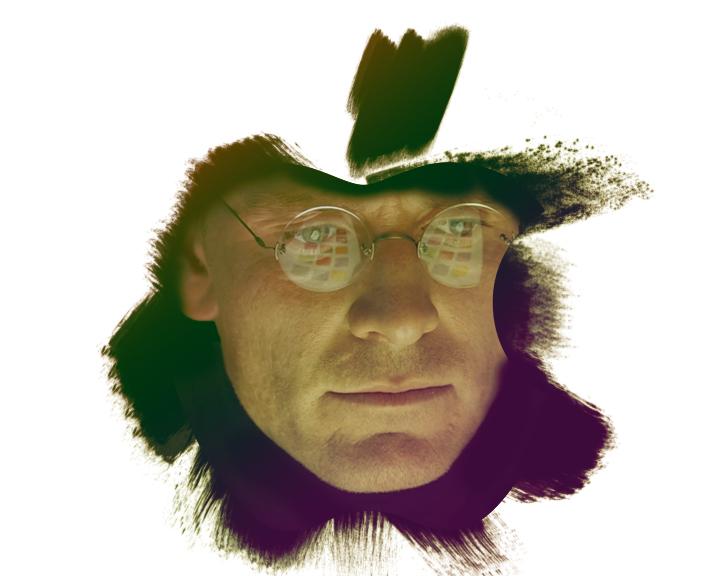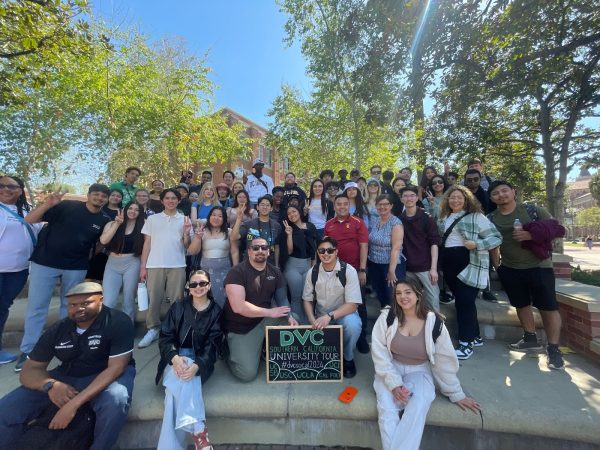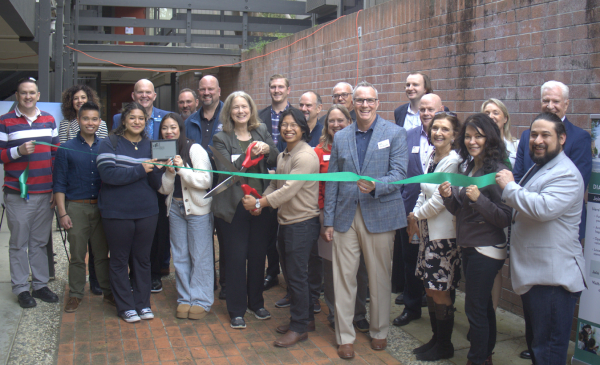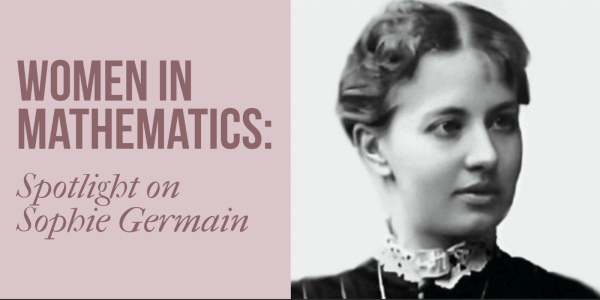‘Steve Jobs’ biopic shows different side of late Apple CEO
Aaron Sorkin’s latest is an intellectual triumph, if a little emotionally distant.
October 23, 2015
The arrival of a new project from Aaron Sorkin will always feel like an event to me. Few screenwriters can claim near-auteur status in the same vein as directors like David Fincher or Tim Burton. But the fact of the matter is that Sorkin’s writing is so distinct and consistent in style that he really feels like the true creative force behind any of the projects he works on.
His writing showcases a penchant for wordplay, righteous monologues, and hyper intelligent characters that might alienate some as pretentious. “Steve Jobs” will not silence those critics, but those who enjoy his theatrical style will find plenty to sink their teeth into.
“Steve Jobs” is unlike any other biopic you’ve ever seen. Including the mediocre “Jobs” which Ashton Kutcher and treated its namesake’s legacy with the same reverence as your average Apple Store Specialist. This new film is not interested in Job’s harrowing life story or the greatest hits of accomplishments. It’s a character study in three acts.
The film is structured into three scenes that each take place, in real-time, backstage before one of the many product launch keynotes that made Jobs a celebrity. Rather than the friendly smiling face the world came to associate with Apple’s products we get to see the out of control diva, convinced of his own genius, grappling with technical issues, company politics, and most crucially his strained relationship with the daughter he denies is his.
When these conflicts climax into explosive arguments the film feels transcendent. Superb actors breathe terrible fiery life into these moments, and have the audiences rapt attention.
Unfortunately the film stumbles over the finish line with a surprisingly sentimental ending that feels out of sync with the tone of the film that preceded it. It’s understood that Jobs journey towards humanity in the film is inextricably tied to his growing relationship with his daughter. However the pivotal final scene where he talks his way back into her good graces with a sudden admission of paternal affection left me cold. These are the types of emotional turns Sorkin has consistently knocked out of the park on “The West Wing” or “The Newsroom.”
This leads me to wonder if the director’s choices were simply uninspired, or if this kind of happy ending is simply incongruous with the subject at hand. I’m inclined to think the latter. The structure of the film could’ve easily made it feel like a play, but Danny Boyle’s direction keeps it from feeling too theatrical. The subtle integration of relevant graphics to certain monologues add a pinch of style. Additionally, the sparing use of flashbacks intercut with new arguments convey the feeling of old wounds flaring up where healing never really took place.
With a pedigree sure to attract attention come award season, and a titanic performance from leading man Michael Fassbender, “Steve Jobs” is an excellent film that will certainly make you think. Unfortunately it’s unlikely to make you feel much at all.

















































































